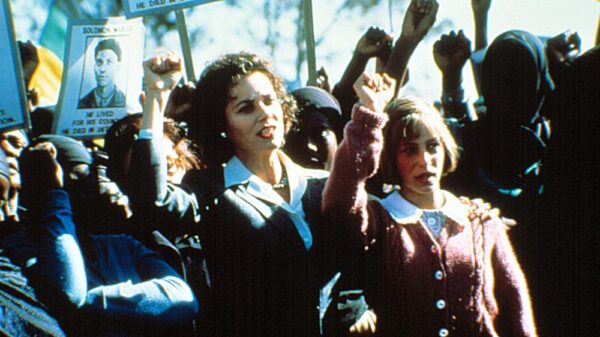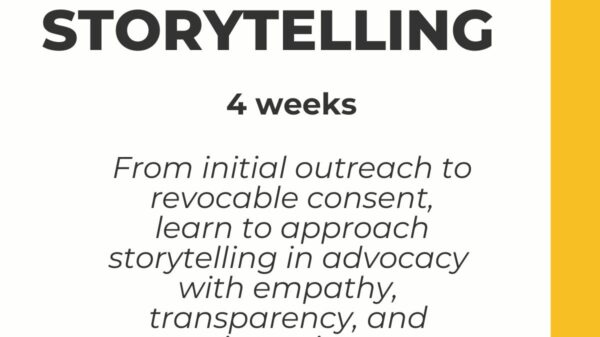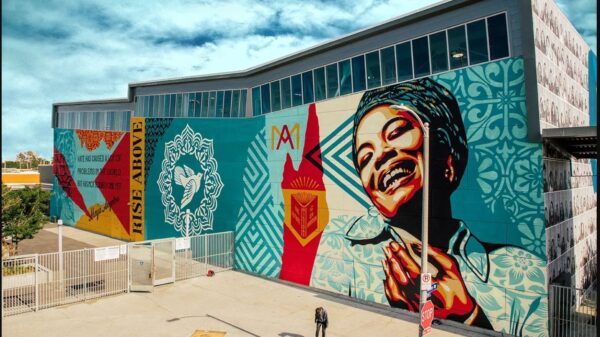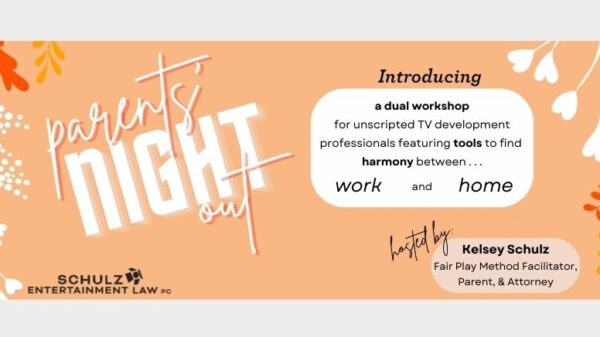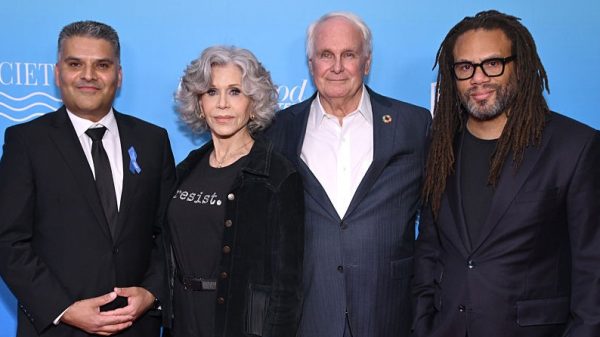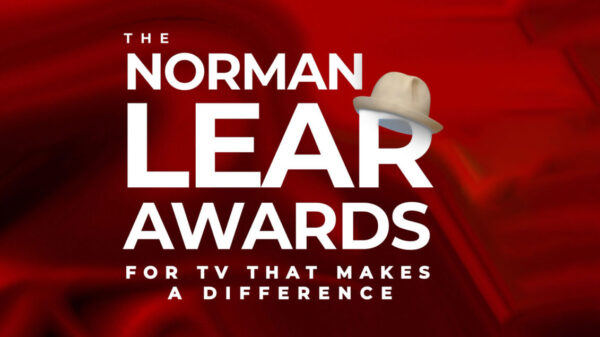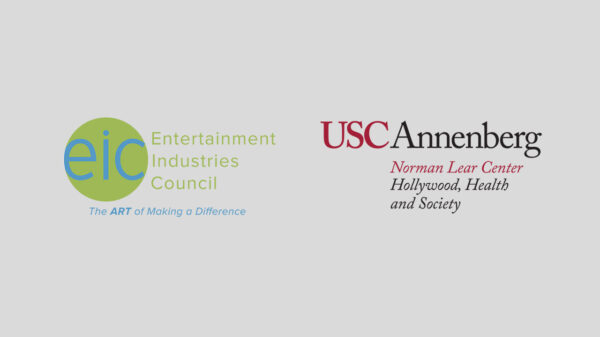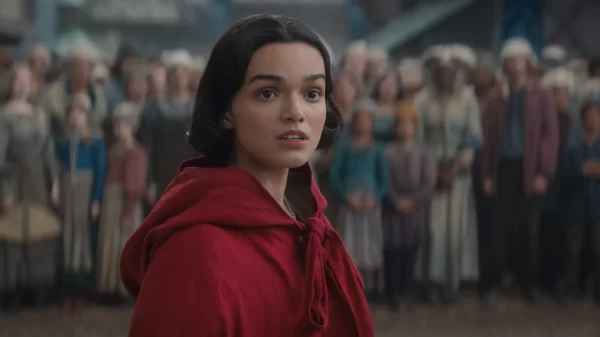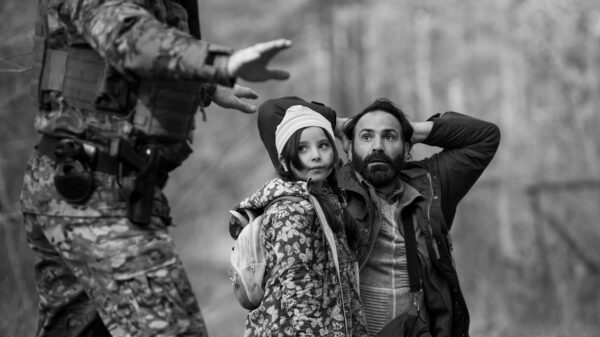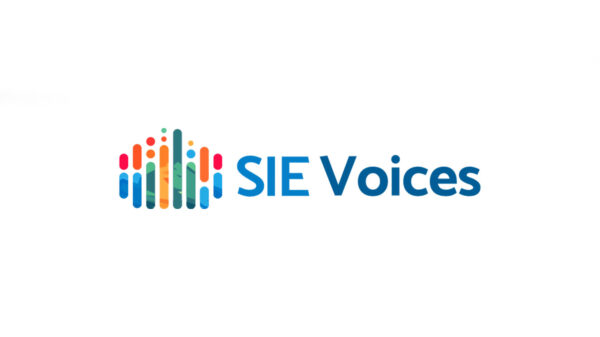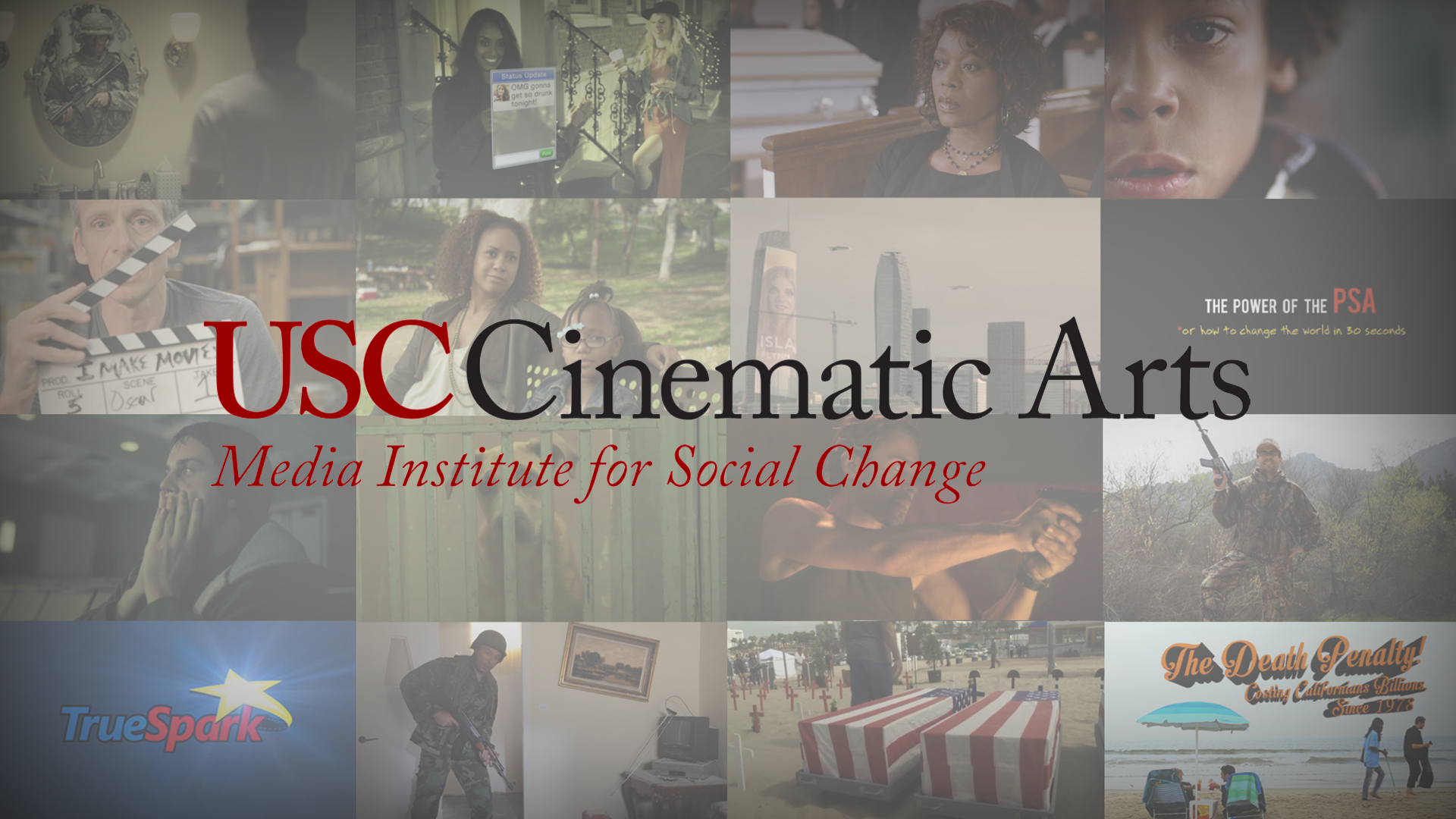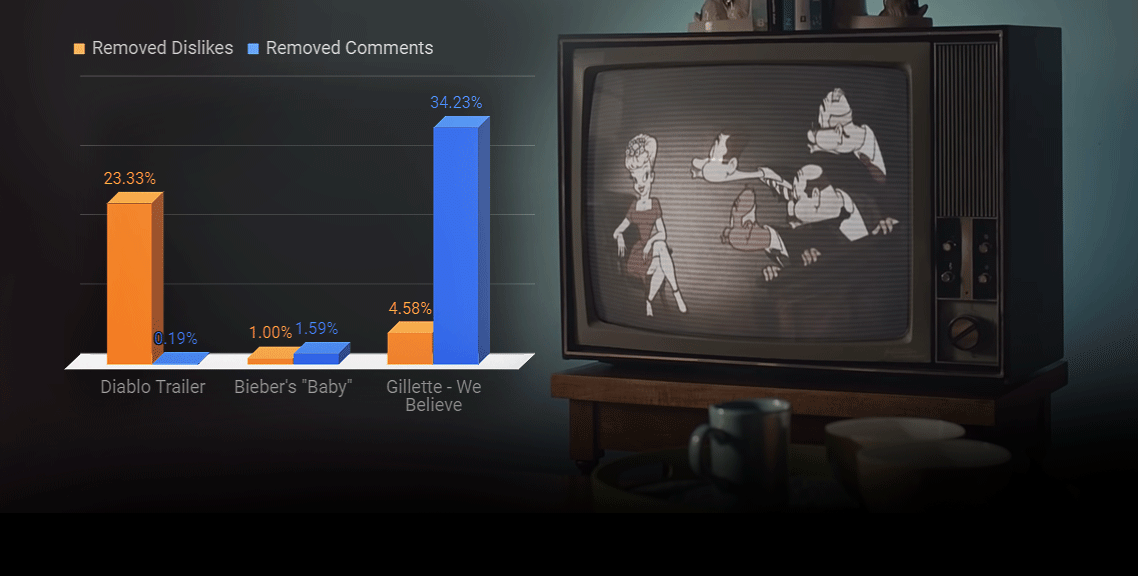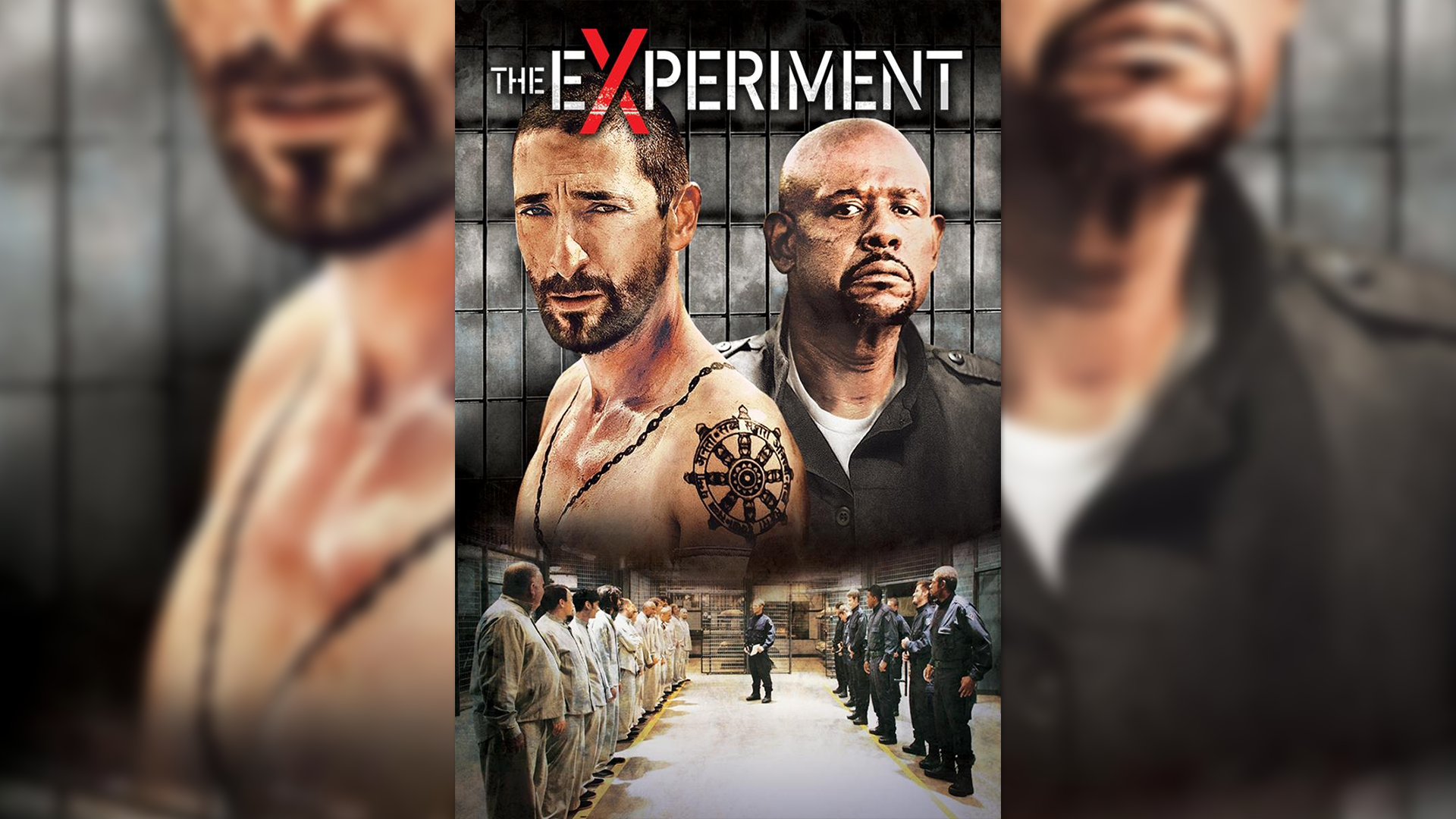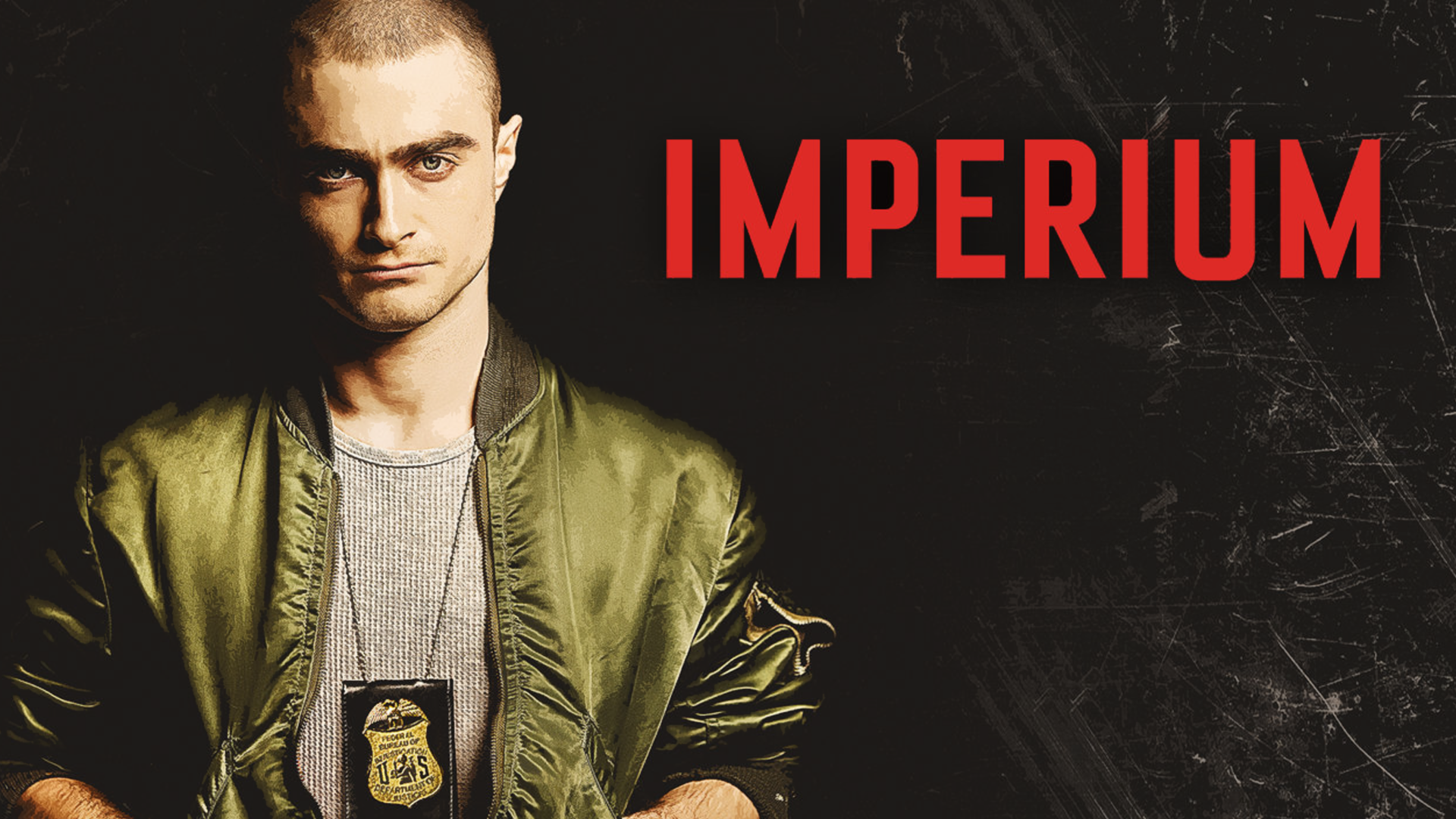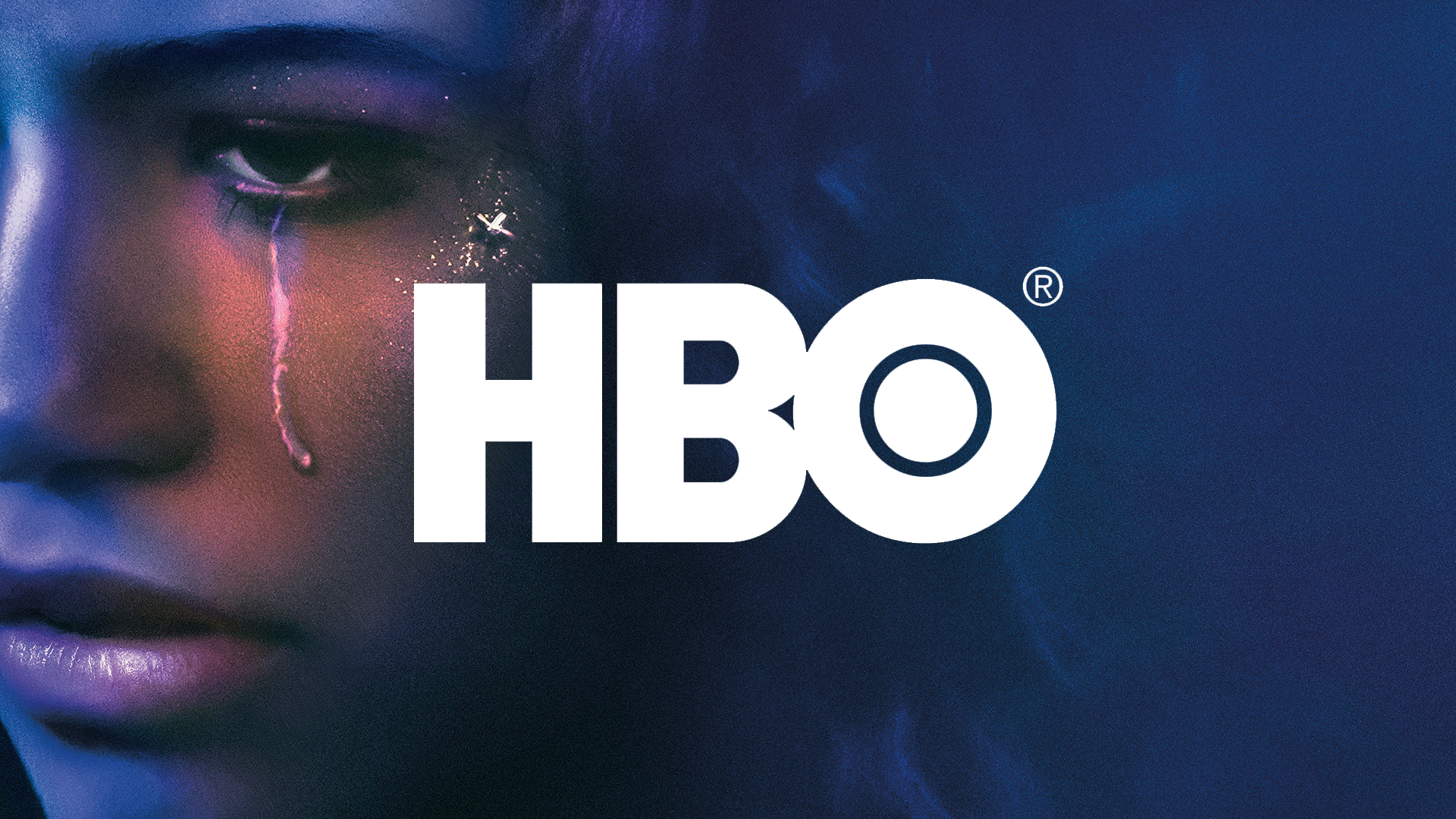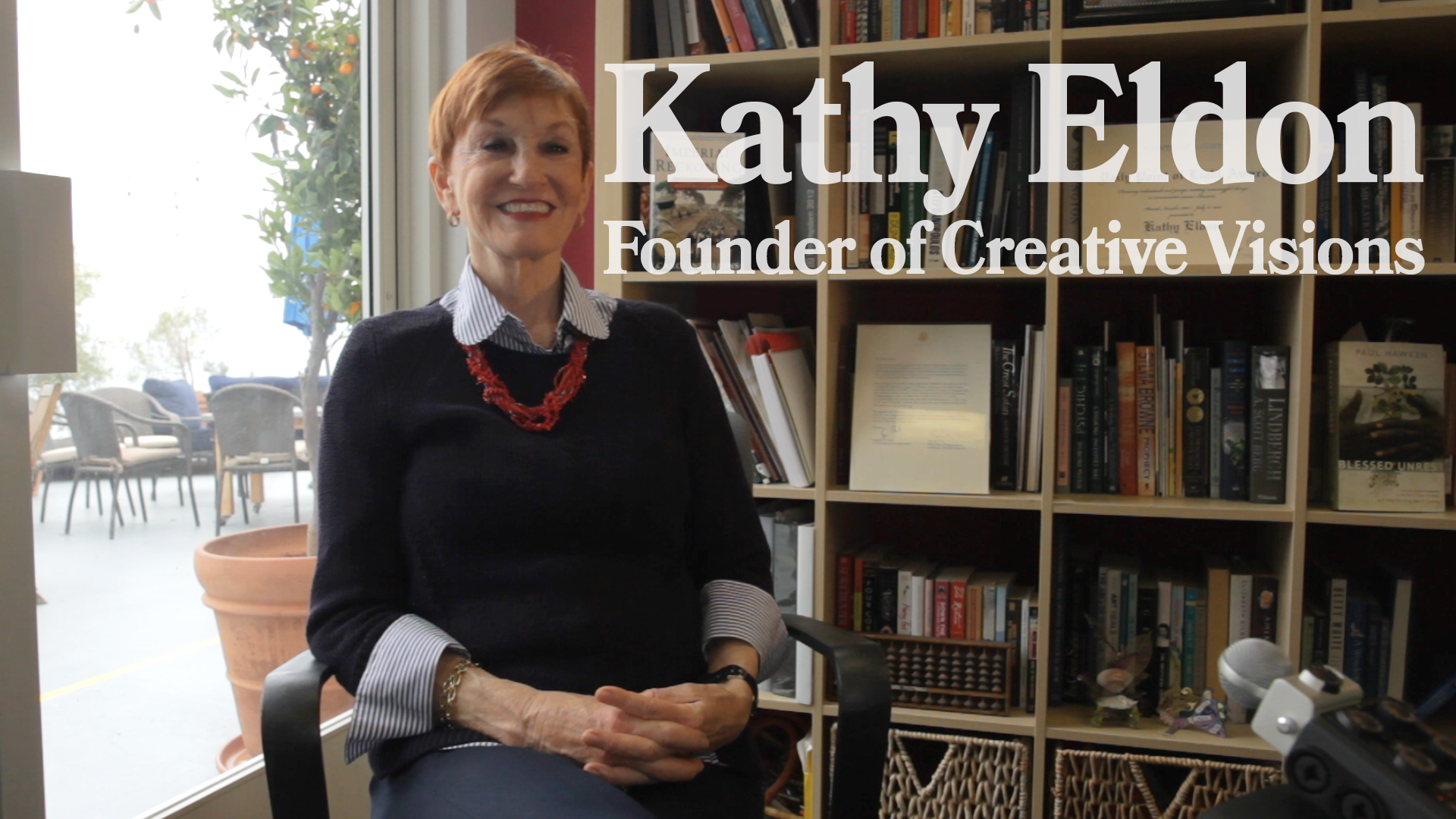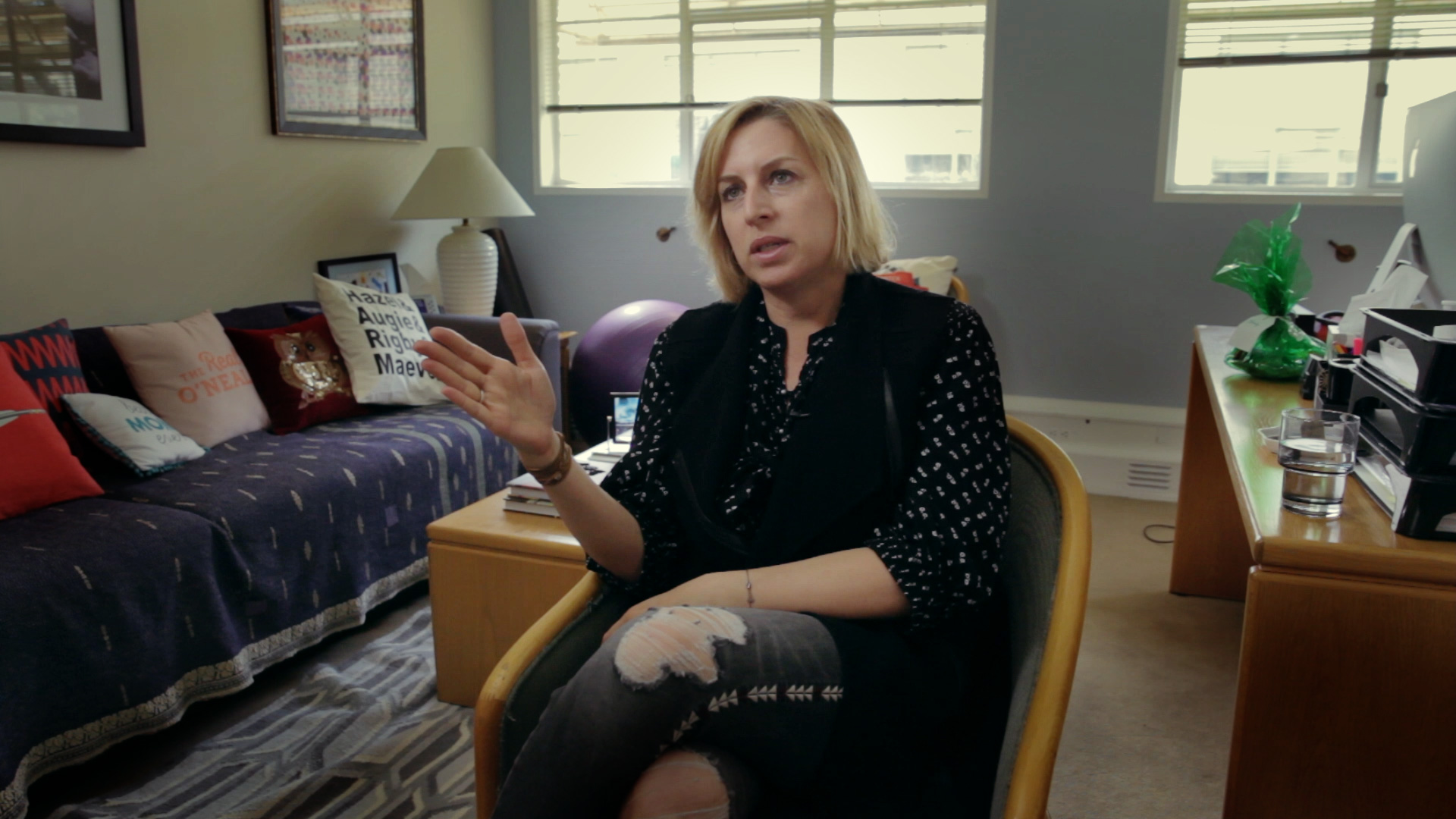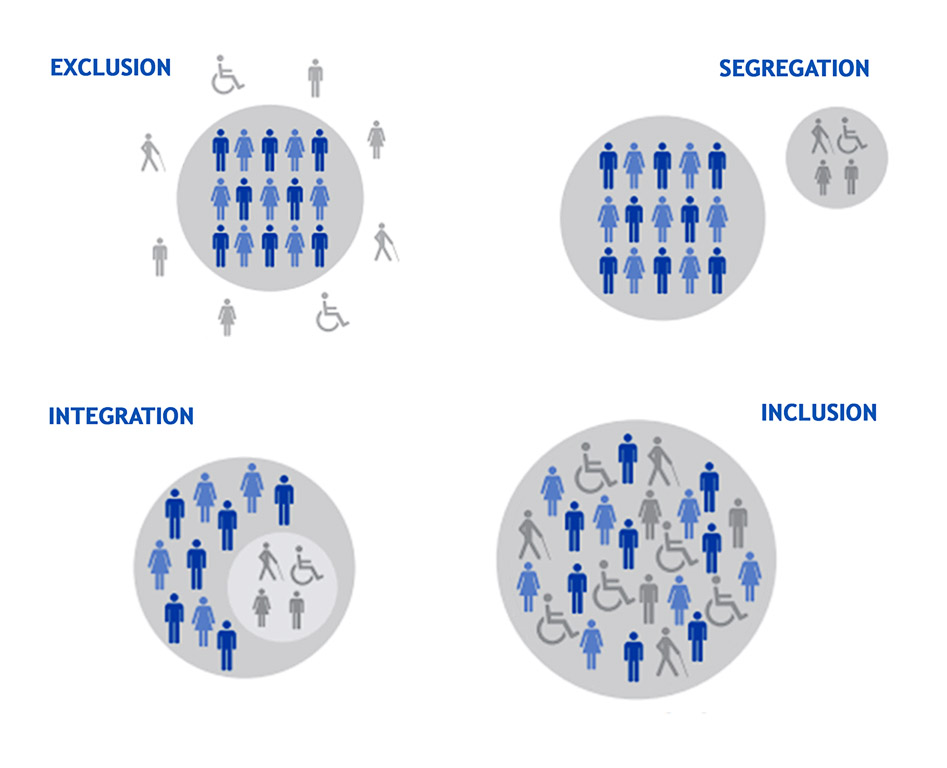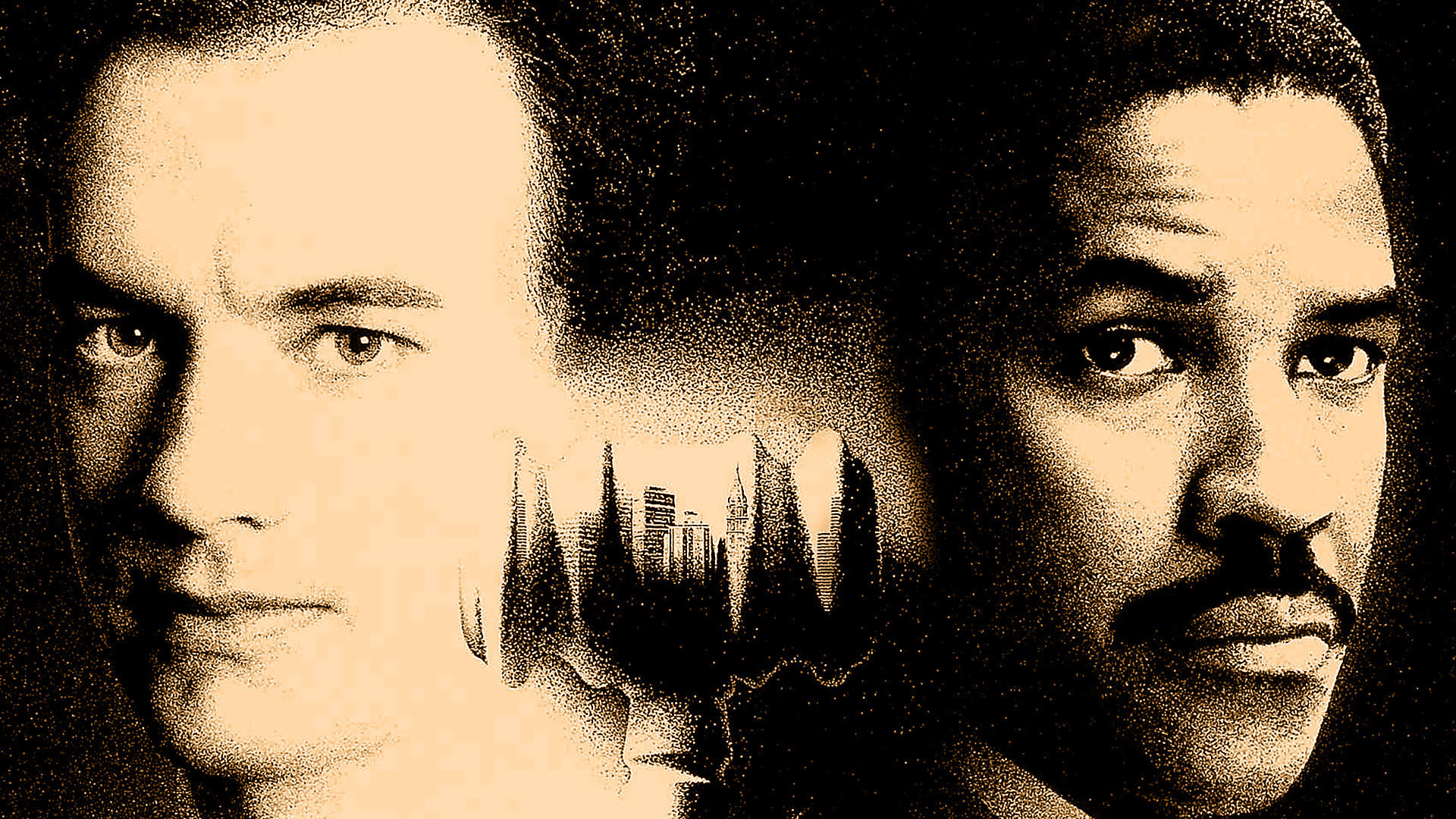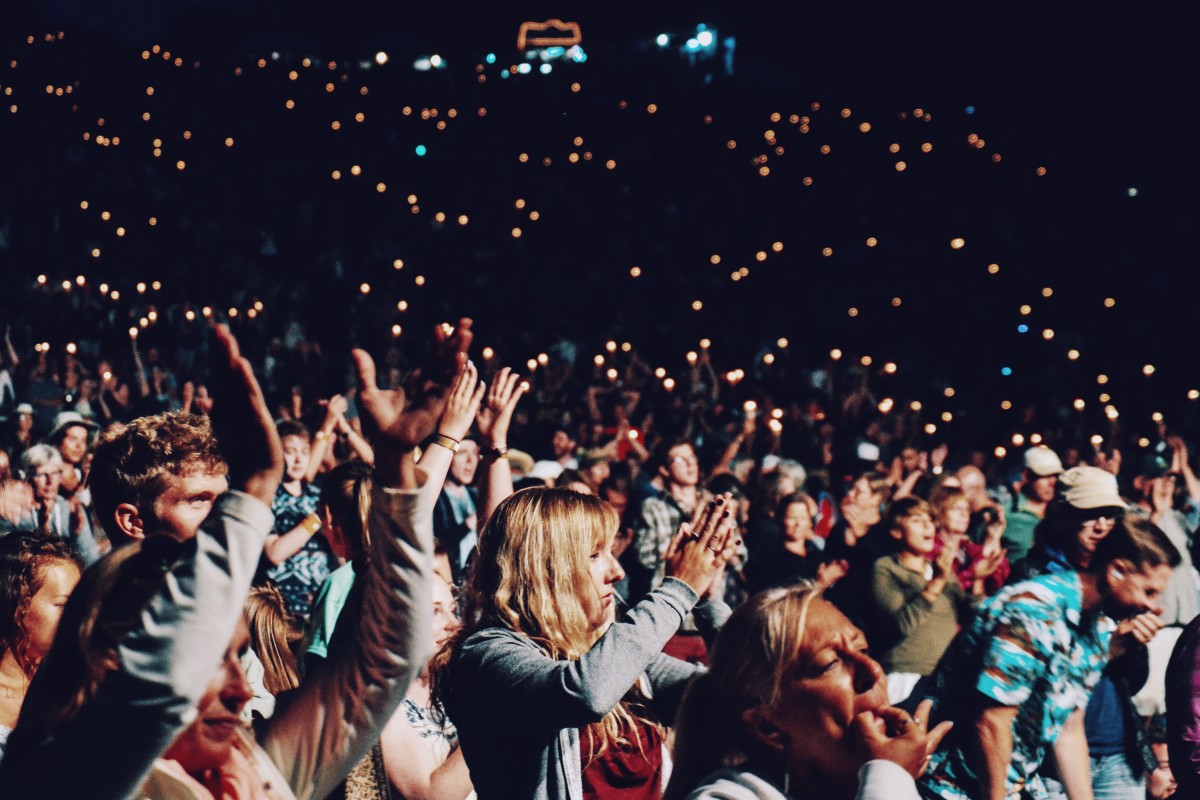Diversity in Hollywood today focuses on racial and gender inclusion, but is largely missing another important community in that conversation: people with disabilities.
RespectAbility, a nonprofit organization out of Washington DC, works with entertainment and content creators to change that. Their motto, “Fighting Stigmas, Advancing Opportunities”, emphasize education through trainings and guides, especially this recently published Hollywood Disability Inclusion Toolkit, which features:
- positive examples such as Born This Way, a reality show following seven young adults with Down syndrome as they move towards full independence
- terminology tips
- common acronyms for different disabilities
- etiquette when interacting with people with disabilities
- FAQs for a variety of disabilities ie. autism, cerebral palsy, dyslexia
- organizations working to increase disability representation
- additional resources for research
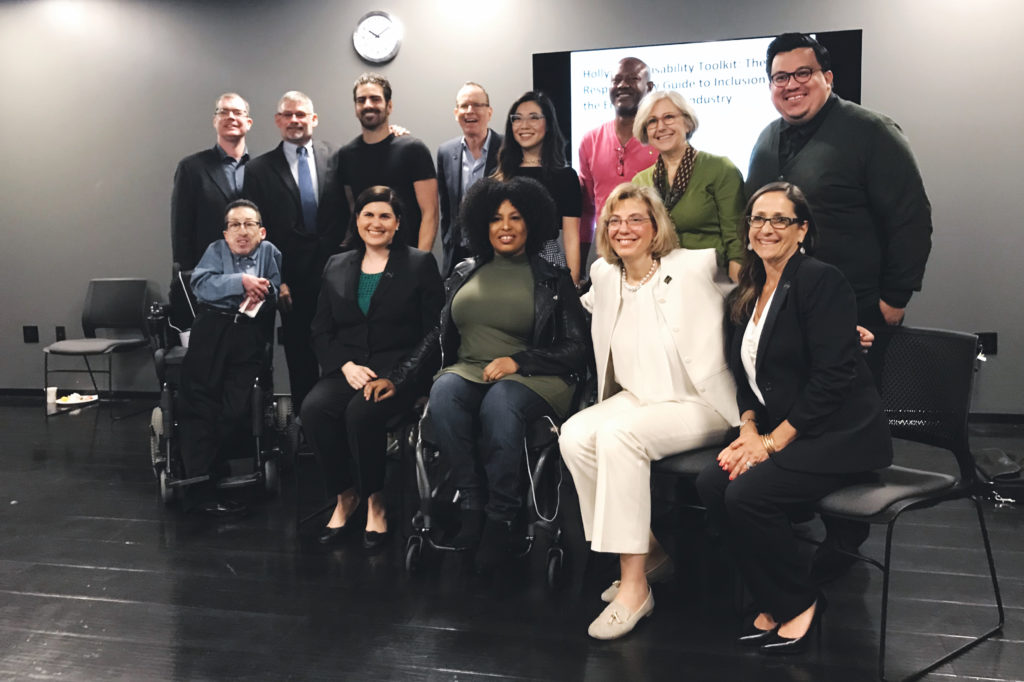
Speakers at RespectAbility’s Diversity Inclusion event. Back row: Delbert Whetter, Richard Ray, Nyle DiMarco, Jonathan Murray, Cindy Chu, Hasan Foster, Kate Folb, Jose Plaza; Front Row: Steven James Tingus, Lauren Appelbaum, Tatiana Lee, Jennifer Laszlo Mizrahi, Debbie Fink
And this is a movement beyond just representation. According to Nielsen Research, “consumers with disabilities are powerful, representing a $1 billion market segment”, which easily makes up a large audience for filmmakers. Furthermore, because of structural inequalities that have marginalized people with disabilities, there is often increased creativity and innovation when those with disabilities are included in the filmmaking process.
Delbert Whetter, COO of the Exodus Film Group, wrote a Hollywood Reporter piece on the issue and adds, it is not enough for people who are not disabled to create a character with a disability and think about the impact campaign later on – people with disabilities have to be included in the beginning in order for there to be honest, representative narratives. Think a “nothing about us without us” attitude.
“An industry that produces extraordinary and authentic stories about characters with disabilities can only become richer, in all senses of the word.”


